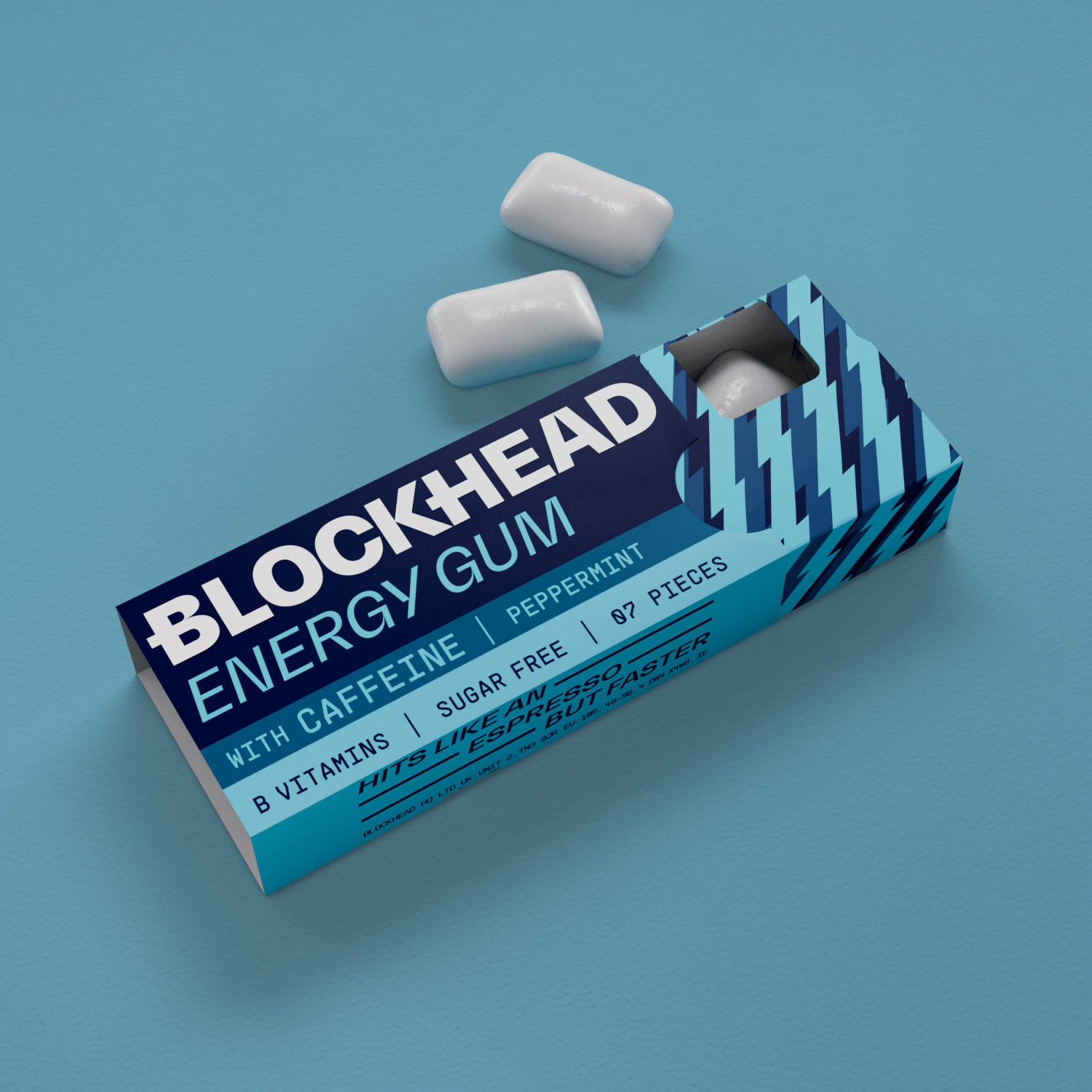
There's no question that if you're self-isolating to help limit the spread of COVID-19, your life has been thrown at least a little bit off-balance. Self-isolation changes how you do everyday activities, and one of the biggest things it has the potential to change is your diet. With people racing to grocery stores to stock up on food and supply chain shortages appearing no matter the industry, it's likely your diet has already been altered in some way due to the need to social-distance. Planning for longevity means you're buying more non-perishables, using up the old food at the back of your cupboard, and buying large amounts of the same ingredients because they're more readily available and the consistency makes meal planning simpler. This can result in a decrease in the diversity and quality of your diet, which can affect the nutrients and vitamins your body is receiving. If you're stuck at home, you also aren't coming across new foods in the supermarket or trying new dishes at restaurants. All of this puts you at an increased risk of slipping into a self-isolation eating pattern that always consists of the same foods. Pair this with a lack of going outside, less sunshine, less fresh air, and less exercise, and you might not be getting anywhere near your normal vitamin intake. As a result, you're likely to end up having less energy throughout the day, which can make it harder for you to get work done at home, making an already stressful living situation worse.
BLOCKHEAD Vitamin Gum is a simple, chewable way to get these vitamins even during self-isolation. Each piece contains 50% of your recommended dietary allowance (RDA) value of vitamins A, B6, C, and D, so if you chew two pieces a day, it's a great way to ensure your vitamin levels stay topped up without having to swallow pills and even if you don't have access to the freshest ingredients.
Let's take a look at the vitamins you might not be getting enough of during self-isolation that BLOCKHEAD Vitamin Gum supplies you with in just two pieces.
VITAMIN A: IMMUNE SYSTEM HEALTH
Vitamin A plays a role in many body processes, including maintaining the immune system, healthy skin, and eyesight under low light. Vitamin A is one essential micronutrient most likely to be affected by self-isolation, because levels decrease when the diversity of your diet decreases and because your primary sources of vitamin A are fresh foods: egg yolks, whole-fat dairy, and leafy vegetables.
VITAMIN B6: METABOLISM AND MENTAL HEALTH
Vitamin B6 is involved in many processes related to metabolism, blood synthesis, and neurotransmitter synthesis, and may be important not only for physical health but for mental health, as studies have indicated that low levels of B6 may be related to symptoms of depression. Vitamin B6 can be found in fresh foods like leafy vegetables, poultry, and salmon, but is also commonly found in breakfast cereals. If you don't have access to many fresh ingredients, cereal can be one way to ensure you are getting vitamin B6.
VITAMIN C: IMMUNE SYSTEM HEALTH AND ANTIOXIDANT
Vitamin C, or L-ascorbic acid, is one of the more well-known vitamins worldwide, thanks to its antioxidant properties and because a severe vitamin A deficiency can lead to scurvy. Vitamin C is widely found in many fruits and vegetables, and citrus fruits are a major source. Vitamin C plays important roles in collagen and neurotransmitter synthesis, has been shown to shorten the duration of time people experience common cold symptoms for if taken regularly, and is even being used to treat symptoms arising from COVID-19.
VITAMIN D: IMMUNE SYSTEM AND BONE HEALTH
Vitamin D is the only one of the vitamins mentioned here that cannot be taken up in large amounts by the diet. Instead, you probably know of vitamin D as the sunshine vitamin: it is produced by our bodies when ultraviolet rays from the sun reach our skin and trigger its synthesis. Vitamin D maintains calcium levels in the body and is important for bone health, strength, and growth.
A common theme among these four vitamins is that being in self-isolation with a diet of limited variety is likely to cause levels of each to drop in your body: vitamins A, B6, and C are commonly absorbed from fresh foods (mainly vegetables), which are at risk of soon being in short supply across the United Kingdom and Europe due to the effects of COVID-19. Vitamin D is produced when you go out in the sun, so being indoors all day means your vitamin D levels will drop, too. While there's no replacement for a diverse and varied diet, BLOCKHEAD Vitamin Gum is a great way to ensure you get your vitamins while self-isolating. Our gum is lemon-flavoured and sugar-free, and will hit your recommended daily allowance in just two pieces a day. Maintaining adequate levels of each of these vitamins and other essential nutrients not only keeps you physically healthy, but it helps you stay mentally healthy, too, so ensuring you get enough of each vitamin is a great way to stay happy and focused and get the best out of self-isolation.
ABOUT THE AUTHOR
Keenan Guillas holds a bachelor's degree in biological sciences from the University of Alberta. He is a freelance writer and writes about health and self-care on Medium.

